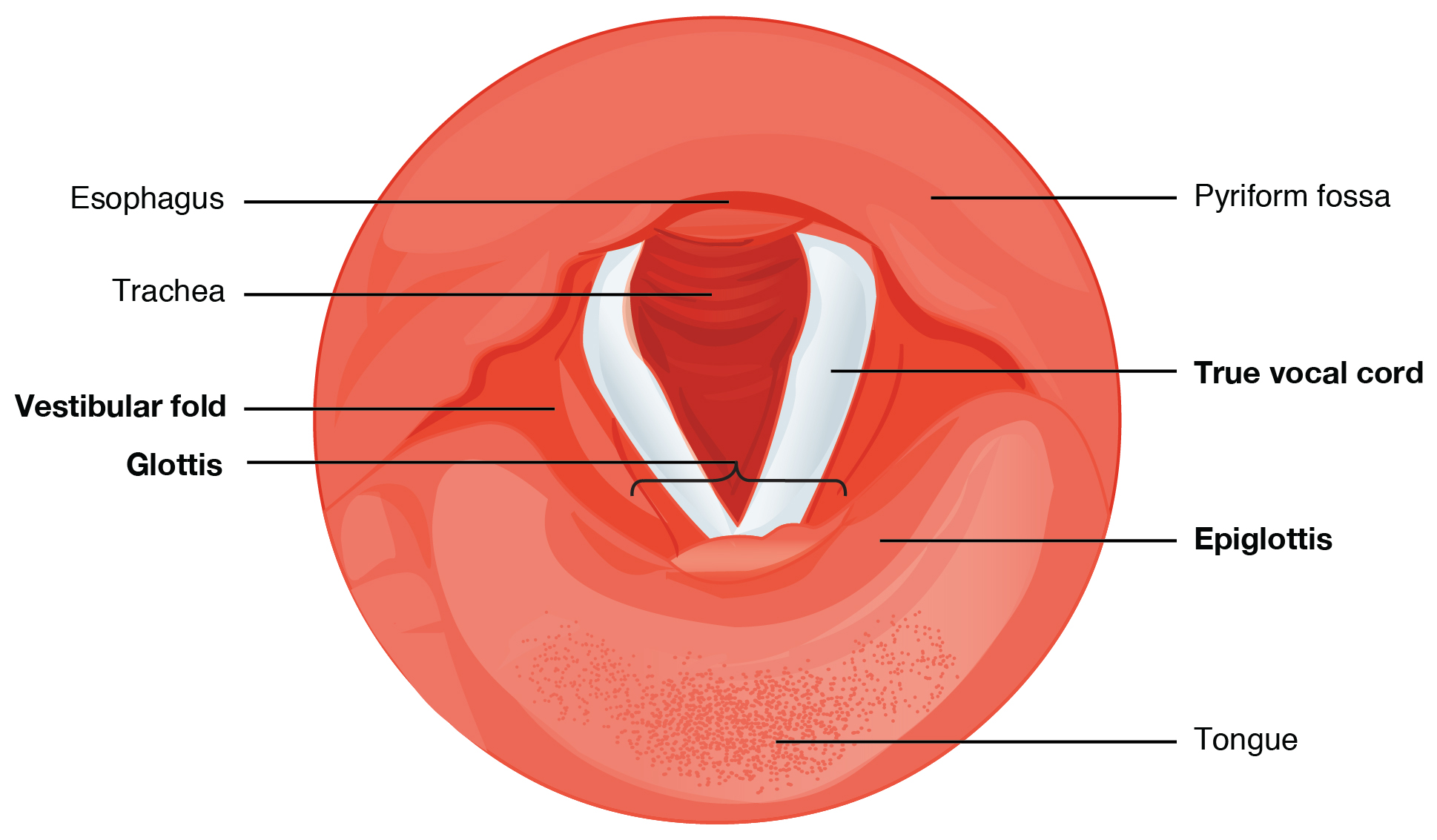Our voice is one of the most valuable tools we use every day to communicate, express, and connect with others. Like any part of the body, the voice can experience challenges that may hinder its function. Voice disorders affect many individuals and can range from temporary hoarseness caused by overuse to more complex conditions requiring specialized care.
What Are Voice Disorders?
Voice disorders refer to conditions that affect the sound and quality of a person’s voice. These issues typically occur when there is a problem with the vocal cords, which are located in the larynx (or voice box) in the throat. The vocal cords vibrate to produce sound whenever air passes through them, and any imbalance in this process may lead to a voice disorder.
Voice disorders can generally fall into three categories:
- Functional: These occur when there is no structural problem with the vocal cords, but the voice is not being produced correctly. Functional disorders often arise due to poor voice use, strain, or misuse.
- Organic: Organic conditions stem from physical changes in the vocal cords, such as nodules. Physical injuries or illnesses may also result in problems.
- Neurological: Neurological disorders occur due to issues in the nervous system that control the vocal cords. Conditions like spasmodic dysphonia or vocal tremors are examples where nerve-related issues lead to irregular vibrations in the vocal cords.
What Are the Symptoms?
Identifying the symptoms of a voice disorder can be a foundational step in determining whether there may be an underlying issue. Because voice disorders vary widely, their symptoms can also differ based on the cause and severity of the condition. Here are the common indicators associated with voice problems:
- Hoarseness or Strain: A persistent raspy or strained voice that does not improve could indicate a functional or organic issue.
- Pitch Changes: Difficulty in controlling pitch, such as a voice that is lower than usual or has an unusually high frequency, may point to strained vocal cords or neurological concerns.
- Loss of Voice: Temporary or intermittent inability to produce sound may occur with certain disorders.
- Breathiness or Weakness: Excessive breathiness or weakness in the voice is often linked to incomplete closure of the vocal cords during speech.
How Are They Treated?
The treatment for voice disorders varies according to their type and cause. While some conditions may improve with simple lifestyle adjustments, others may require a more structured approach involving specialists. Below are some common treatment options for managing voice problems.
Voice Therapy
Voice therapy is often the first line of treatment, especially for functional disorders. A voice therapist can guide individuals through exercises that help improve vocal technique and restore proper voice mechanics. Therapy often focuses on developing healthier ways to use the voice during daily activities.
Collaborative Treatment Approach
Certain neurological or complex conditions require multiple levels of care. Several professionals may work together to diagnose and treat the voice disorder effectively. Teams can include ENT specialists, speech-language pathologists, and therapists dedicated to vocal health.
Seeking Treatment From a Throat Specialist
Managing voice disorders requires an understanding of the symptoms and available treatment options. Whether caused by overuse, physical changes in the vocal cords, or neurological issues, there are pathways to recovery and improvement. Voice therapy, medical treatments, and lifestyle modifications can often restore voice quality and improve comfort during speech. A qualified healthcare professional can identify the root of the problem and recommend the most suitable treatment plan, helping you regain confidence and clarity in your voice once again.

Leave a Reply